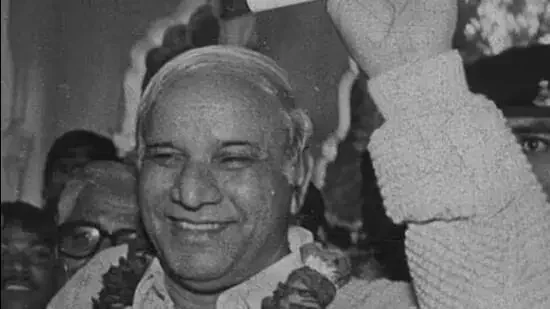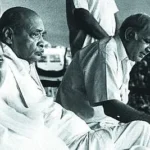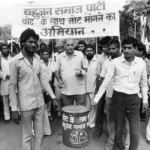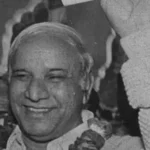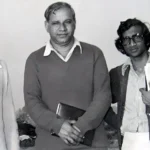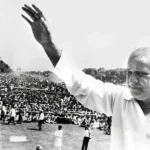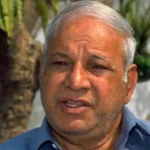Kanshiram Jayanti marks the birth anniversary of Kanshiram, a towering leader and social reformer devoted to uplifting the Bahujan community in India. Celebrated annually on March 15, this day commemorates not only Kanshiram’s life but also his transformative contributions to Dalit awakening and the broader Bahujan movement. Kanshiram Jayanti celebration is a powerful reminder of the fight for social equality and justice against caste-based oppression, inspiring new generations to pursue empowerment for marginalized communities.
Early Life of Kanshiram
Born on March 15, 1934, in a Dalit Chamar family in Punjab’s Khawaspur village, Kanshiram was deeply influenced by the harsh realities of caste discrimination from an early age. His exposure to caste injustices grew during his work at an ordinance factory, where he witnessed discriminatory practices first-hand, such as the cancellation of Ambedkar and Buddha Jayanti holidays in favor of others. This experience ignited his resolve to dedicate his life to social transformation, following the footsteps of Dr. B.R. Ambedkar and other icons like Jyotiba Phule and Periyar.
Kanshiram’s Political Journey and Founding of BSP
Kanshiram emerged as a pioneering political leader with a vision to unite oppressed communities under a single platform. In 1984, he founded the Bahujan Samaj Party (BSP) on Ambedkar Jayanti (April 14) to politically represent Dalits, Other Backward Classes (OBCs), Scheduled Tribes (STs), and minorities who constitute over 75% of India’s population. His strategy was to build the political power of the ‘Bahujan Samaj’ (majority people) and challenge dominant caste hegemony through democratic means. Under his leadership, the BSP contested elections in multiple states and achieved notable successes, laying the groundwork for social justice through political empowerment.
Social Philosophy and Key Contributions
Kanshiram’s social philosophy was rooted in self-respect, unity, and empowerment of marginalized communities. He introduced the concept of the “self-respect movement” emphasizing self-help and the awakening of a sense of responsibility among the oppressed. He pursued a non-violent but assertive approach, encouraging political participation, education, and economic independence as instruments of social change. His leadership was not limited to politics; he revived the legacy of Bahujan cultural icons and fostered a collective identity based on dignity and anti-caste values.
Key Achievements and Notable Quotes
- Founded the Bahujan Samaj Party in 1984 to create a political voice for the Bahujan majority.
- Mobilized Dalits and backward classes into a formidable voting bloc, challenging established political powers.
- Led various social movements, including the anti-liquor movement to discourage vote-buying.
- Revived socio-cultural pride among oppressed communities through annual Kanshiram Jayanti celebrations and cultural carnivals.
- Notable pledge he made: “I will never get married, I will never acquire any property, I will never visit my home; I will devote and dedicate the rest of my life to achieve the goals of Phule-Ambedkar movement”.
Cultural and Political Impact of Kanshiram Jayanti Celebration Today
Kanshiram Jayanti today is celebrated with cultural programs, marches, and intellectual discussions across North India. It serves as an annual carnival and a space for anti-caste imagination, uniting Bahujan communities in honoring their legacy and recommitting to the struggle for equality. The celebration preserves Kanshiram’s vision by propagating social awareness through art, literature, slogan chanting, and reaffirmation of Bahujan identity. Politically, it symbolizes continued resistance to caste oppression and the drive for inclusive governance, with Kanshiram’s vision inspiring contemporary Dalit and Bahujan movements.
How Kanshiram’s Vision Inspires Social Equality
Kanshiram emphasized that political power is essential for social empowerment and that marginalized communities must assert their rights through democratic processes. His vision urged Bahujans to unify their diverse identities and reject divisive caste hierarchies. Today, Kanshiram’s legacy energizes activists and politicians striving for equitable representation, social justice, and the dismantling of caste-based discrimination. His ideas around self-respect, leadership responsibility, and cultural revival continue to inspire social reform and inclusive politics in India.



